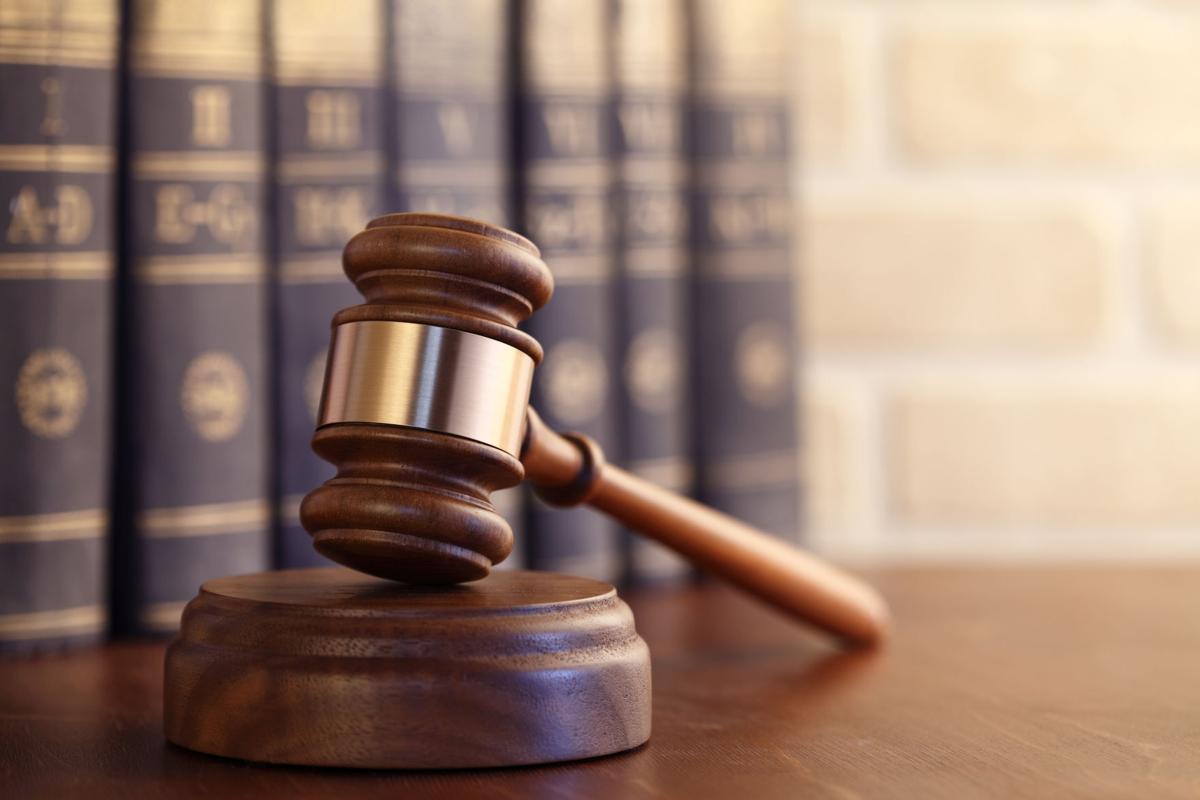PHOENIX — Secretary of State Katie Hobbs is urging the U.S. Supreme Court to swat down a last-ditch effort by the Arizona Libertarian Party to make it easier to put its candidates on the general election ballot.
In new legal filings, attorneys for Hobbs acknowledge that prior to 2015 a Libertarian contender for governor or statewide office could qualify for the ballot with as few as 133 signatures on nomination papers. Now contenders have to get about 3,000 supporters.
But Assistant Attorney General Kara Karlson said it’s fair, even though it represents close to 10% of all registered Libertarians.
She said those seeking to run under the Libertarian banner are entitled to seek signatures not just from members of their own party, but the more than 1.2 million Arizonans who are registered as independents. And the fact that Libertarians want to gather support from only among their own tiny party is a “self-inflicted harm,” not because of anything done to them by the state, Karlson said.
The filing, however, does not address the fact that the Republicans who control the state Legislature — and who pushed through the change in 2015 — conceded there was at least a partial political motivation behind the move: They wanted to keep Libertarians off the ballot amid fears that the party’s candidates were siphoning off votes that otherwise would go to GOP contenders.
Prior to 2015, each party could put a candidate on the ballot based on a percentage of those registered with that party.
That’s what led to the low threshold for Libertarians.
Under the 2015 law, the test was altered to be based on the number of people who could sign a candidate’s nominating papers. And that includes independents.
When lower courts refused to disturb the law, attorney Oliver Hall from the Center for Competitive Democracy, representing the Libertarian Party, sought intervention from the U.S. Supreme Court.
He says that the state cannot force Libertarians to depend on political independents to get their names on the ballot, particularly as they cannot actually vote in the primary.
The bottom line, he said, is that a Libertarian contender, seeking support from like-minded people who are affiliated with the party, have a much higher burden. So he wants the 2015 law voided, returning the statutes to the way they were before.
Karlson told the justices the party was asking for special treatment. She pointed out while the party wants the lower signature requirement, the party did not challenge the part of the law allowing it to also get signatures from independents.
“In other words, they want to continue to have the ability to gather signatures from over one million voters, but submit only 133 signatures to qualify a statewide candidate who could, ultimately, represent 7.28 million people,” she wrote. Karlson said the Libertarians are “attempting to use their internal political party choices to manipulate Arizona law to obtain preferential ballot access with truly miniscule support.”
The justices have given no indication when they will consider the issue.





